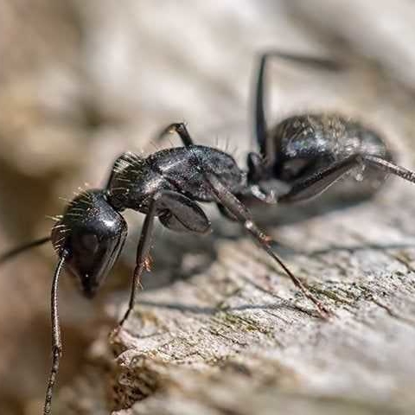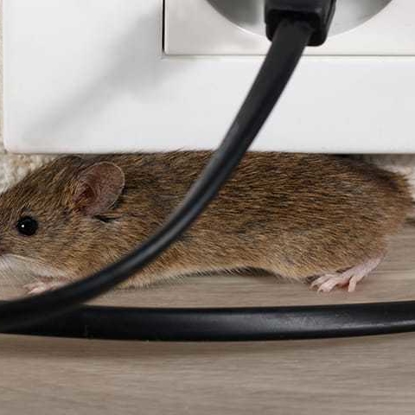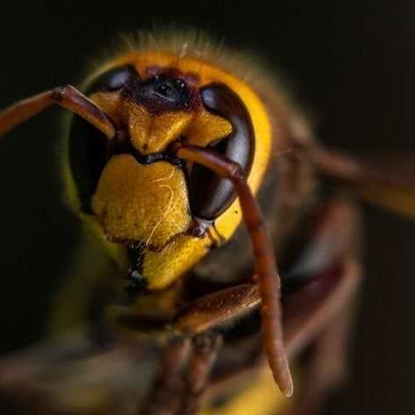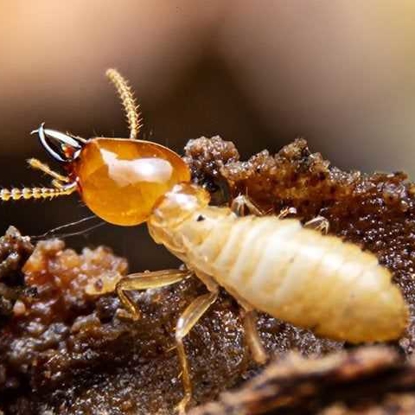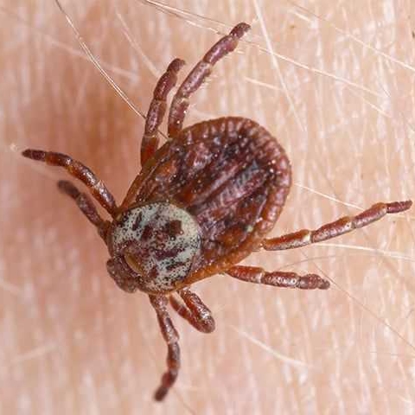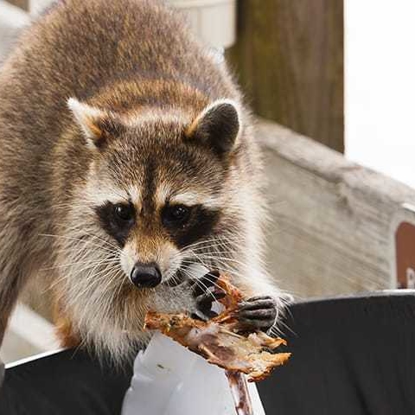
Top Pest Control Solutions in Norwalk, CT for Your Home
The pest threats in the Norwalk area change with the seasons, but one thing that doesn't change is the need for consistent pest control. Knowing which pests you might deal with each season can help you prepare. Our Norwalk, CT pest professionals have designed our Pest Library to provide you with information about the most common pests in the Norwalk area throughout the year.
Reliable Pest Prevention Services in Norwalk, CT
Turn to the local professionals with over 33 years of experience to help protect your Norwalk area property from unwanted pests. At Insecta X Total Pest Solutions, our licensed professionals will provide you with pest control services that include inspections, treatments, preventative services, and animal relocation. We are passionate about providing our customers with the best pest control possible! To learn more about working together and our residential or commercial pest control services, please give us a call today!
Your Local Pest Control Resource in Norwalk, CT
Living in Norwalk means enjoying the beautiful coastal scenery and vibrant community, but it also comes with its own set of pest challenges. From the warm summer months attracting ants and mosquitoes to the colder seasons bringing rodents seeking shelter, residents often find themselves in need of reliable pest control solutions. The City of Norwalk's Health Department provides valuable resources and information on pest management, helping residents stay informed about local pest issues and prevention strategies.
We understand that dealing with pests can be stressful, especially when they threaten your home or business. Common concerns in the Norwalk area include the presence of termites, which can cause significant damage if left unchecked, and the seasonal influx of ticks and mosquitoes that can affect outdoor activities. Our team at Insecta x Total Pest Solutions is dedicated to addressing these pain points by offering tailored pest control services that fit the unique needs of Norwalk residents.
By choosing local professionals who know the area, you can rest assured that we are familiar with the specific pest challenges that Norwalk faces. We are committed to providing effective solutions that not only eliminate pests but also prevent future infestations. Whether you need assistance with residential or commercial pest control, we are here to help you maintain a pest-free environment in your Norwalk home or business.
Commonly Asked Questions
What are the benefits of choosing local pest control services in Norwalk?
How often should I schedule pest control for my home in Norwalk?


A member of our team will be in touch shortly to confirm your contact details or address questions you may have.

